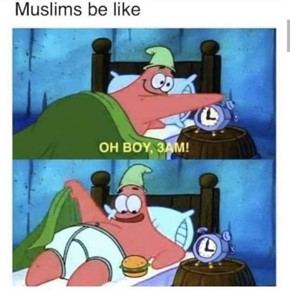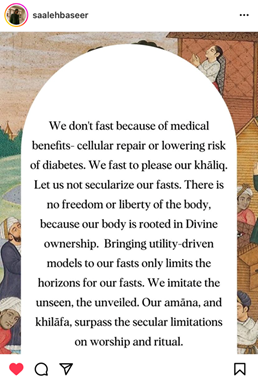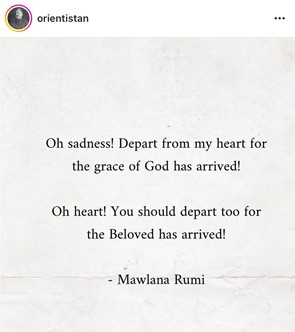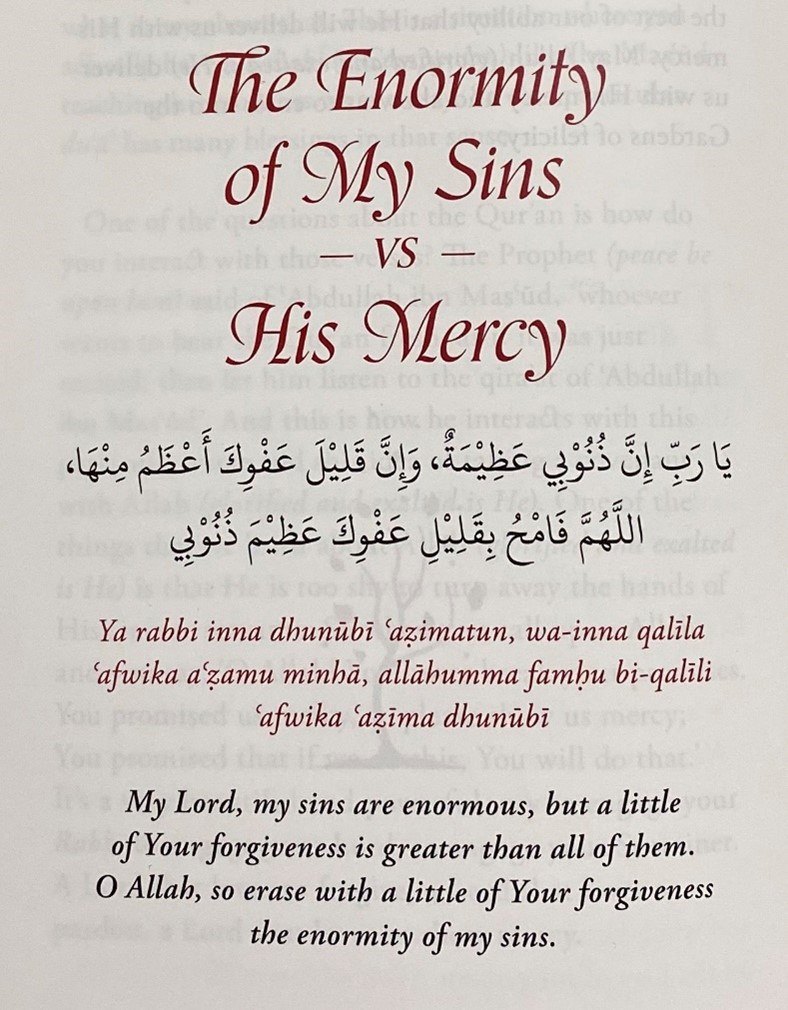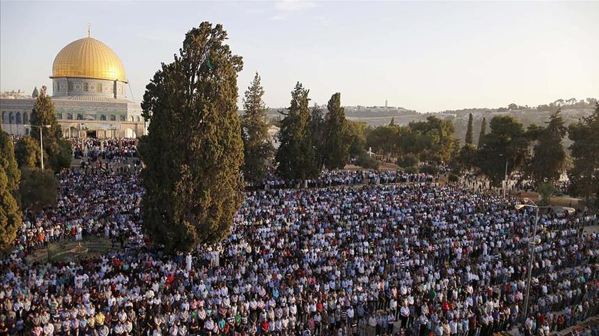The Muslim holy month of Ramadan is the ninth month of the Islamic calendar and traditionally begins and ends based on the sighting of the new moon. This year, Ramadan is expected to run from Wednesday 22 March to Thursday 20 April 2023, which falls in the revision and assessment preparation period for many students.
Ramadan is considered one of the holiest months of the year for Muslims and commemorates the Qur’an being revealed to the Islamic prophet Muhammad. Fasting during Ramadan is one of the Five Pillars of Islam and many Muslims will be abstaining from food and drink during the sunlit hours.
It is also a time when Muslims are encouraged to increase their good deeds, from acts of charity and community engagement to increasing good values such as generosity, solidarity, kindness, patience and forgiveness.
During the month we will share some Ramadan Reflections. As Ramadan commences we hear from Ehsan Khan, a Senior Lecturer in Nurse Education at the Florence Nightingale Faculty of Nursing & Midwifery.
Ramadhan used to be a time of trepidation and caution for me when I was young. I am a big foody and not being able to eat or drink during the daytime hours FOR A WHOLE MONTH! was daunting. However, I always used to get through it. What I learnt over the years is that Ramadhan is like no other month, there is a collective spirit in people partaking in this annual blessing, people are blessed with patience during this month that helps them endure the fast.
Ramadhan is a core practice in Islam and Is mandatory on all able-bodied and minded people. There are many exceptions related to health and medication, as well as dispensations for travel. The duration of the fast is from the dawn till sunset. It is desirable to wake up in the morning before the dawn to eat something before the fast begins. The fast should be finished promptly on sunset.
Although the focus of the fast tends to be on abstaining from food and drink, people fasting also need to abstain from other activities which are mainly considered morally undesirable or religiously sinful.
Ramadhan starts and finishing with sighting of the new moon, this causes some uncertainty on when Ramadhan may start and finish. As Ramadhan is linked to the lunar calendar, the start date shifts by approximately 10 days each year. Therefore, for countries far from the equator, fasting can range from 12-odd hours in the winter to up to 21 hours in the summer, as the start date is earlier every year.
One aims of this month is to recharge the person spiritually, so there is an attempt to spend more time in prayer and acts of worship. There is a special prayer called the Tarraweh, that is offered after the evening prayer. This prayer can be offered in congregation or at home. Thus, this month provides a Muslim with time to return to their religion and establish or re-establish acts of worship that will carry them through the year till the next Ramadhan. Ramadhan is also a time for charity. Any act of charity during this month is magnified in value. There is a small mandatory charity paid during the month of Ramadhan to ideally reach the needy by the end of Ramadhan. To celebrate the end of Ramadan there is a day of festivity known as Eid, this entails a morning prayer and then gatherings with friends and family.
Overall, the month helps the Muslim to gain self-control and discipline, experiencing hunger and thirst teaches empathy and consideration for the less fortunate in society. Importantly linked to this, for many, Ramadhan is the deadline month for payment of Zakat a mandatory charity of 2.5% for those who are eligible to pay. This money is ring fenced for the needy and less fortunate. It is ideal to give this money to those close to you first, such as friends or family that fit the criteria for receiving zakat.
If you would like to share your own reflection of the holy month of Ramadan please email diversity@kcl.ac.uk
Supporting students and staff
At this time of year, fasting throughout the day combined with disturbances in normal sleep patterns can leave individuals feeling more tired than normal, particularly mid-afternoon and towards the end of the day. It is also the case that towards the latter part of the day some individuals who are fasting might feel a little light-headed.
We have produced resources on the support available for Muslim students and staff during Ramadan and guidance on maintaining health while fasting, along with more information on the month and how staff can support our Muslim community.
You can also find guidance on support for students on Student Services Online:
We should all be mindful of this important event for the Muslim community and be respectful of colleagues and students who are fasting and some of the challenges they may experience.
Supporting students preparing for assessments during Ramadan
Ramadan will have ended by the time Assessment Period 2 starts, so it is not likely that students will be affected during exams as a result of fasting. However, staff are encouraged to be aware of students who could still be affected, especially in revision classes and the revision period.
Students who are on clinical placements may also need specific support to ensure that they can meet their clinical learning and assessment requirements whilst maintaining their religious observances.
Where an assessment or revision class has a specific timing, this should not clash with the time of breaking the fast in the UK. However, if you are in a different time zone then this may be a problem – please contact the Dean’s Office as soon as possible if this is the case.
For any queries, please contact the Chaplaincy team, or either of our Muslim Chaplains, Imam Abdul Mumin Choudhury or Romana Kazmi.
Want to Learn more about Equality, Diversity & Inclusion at King’s College London?
